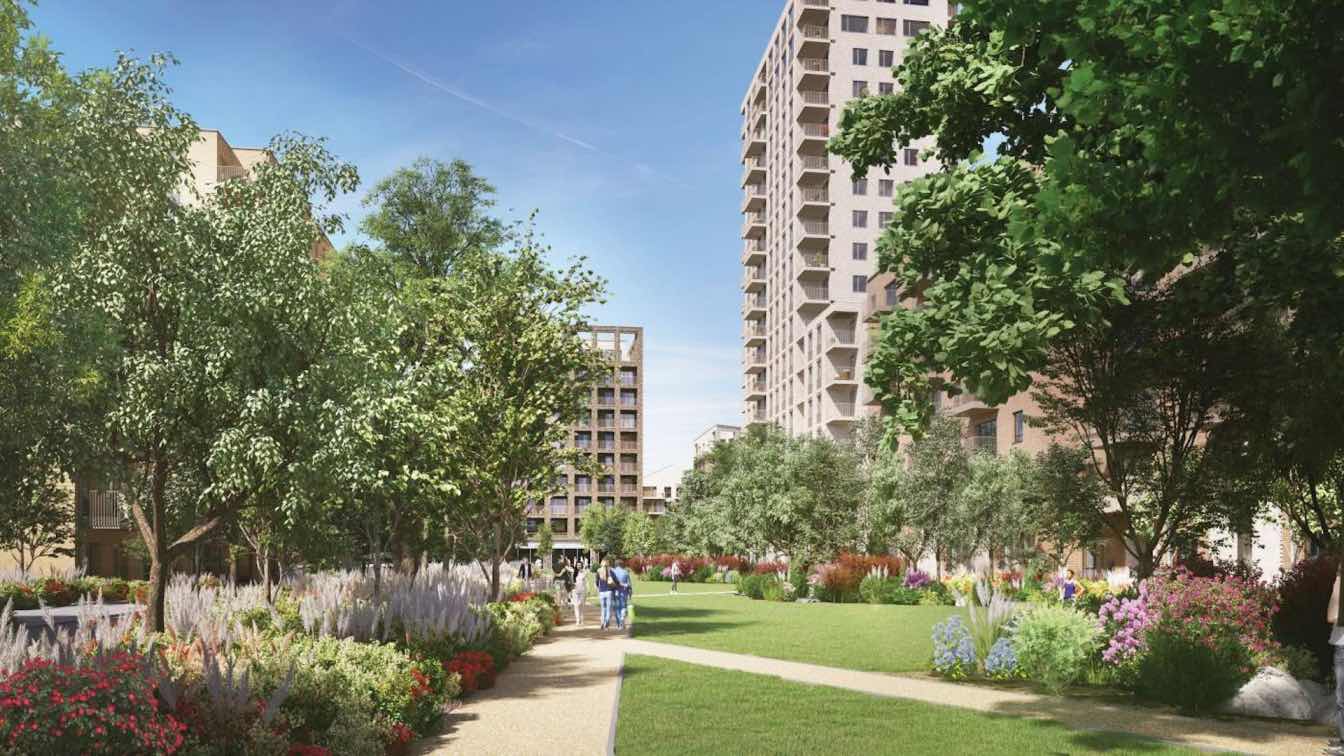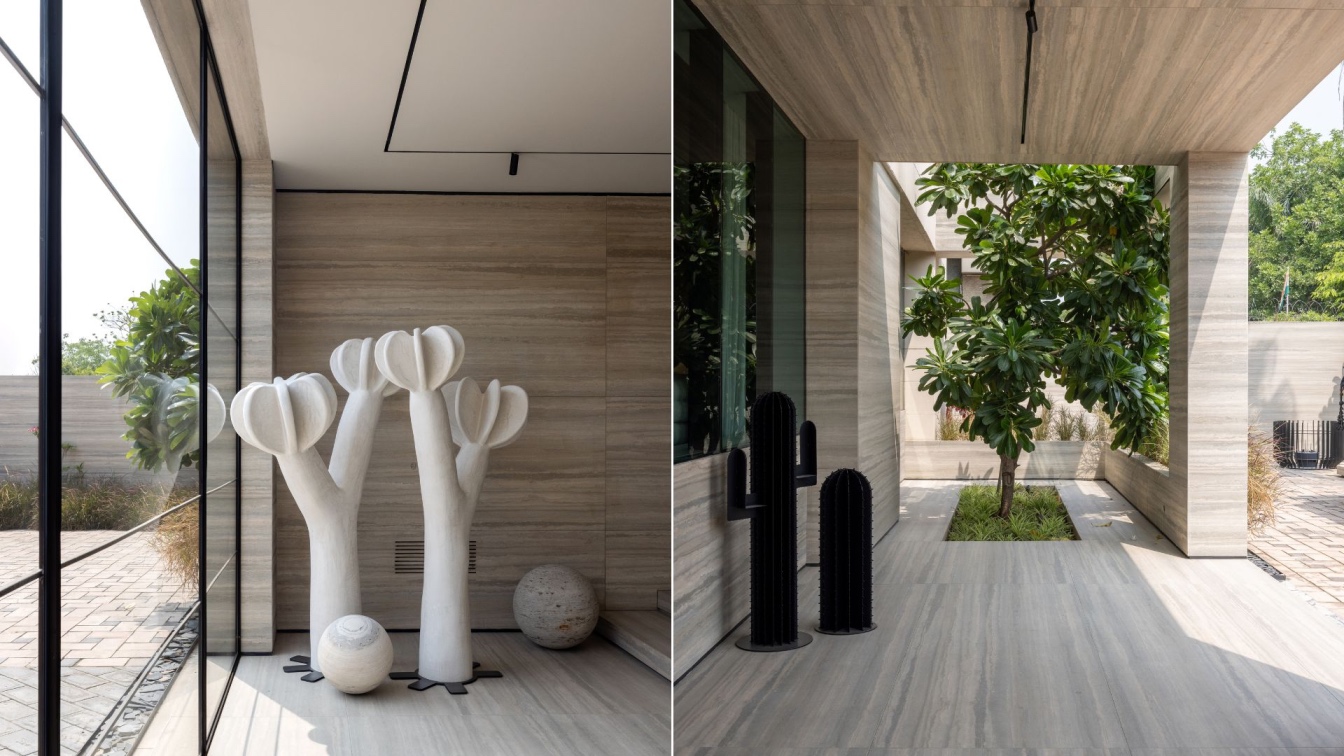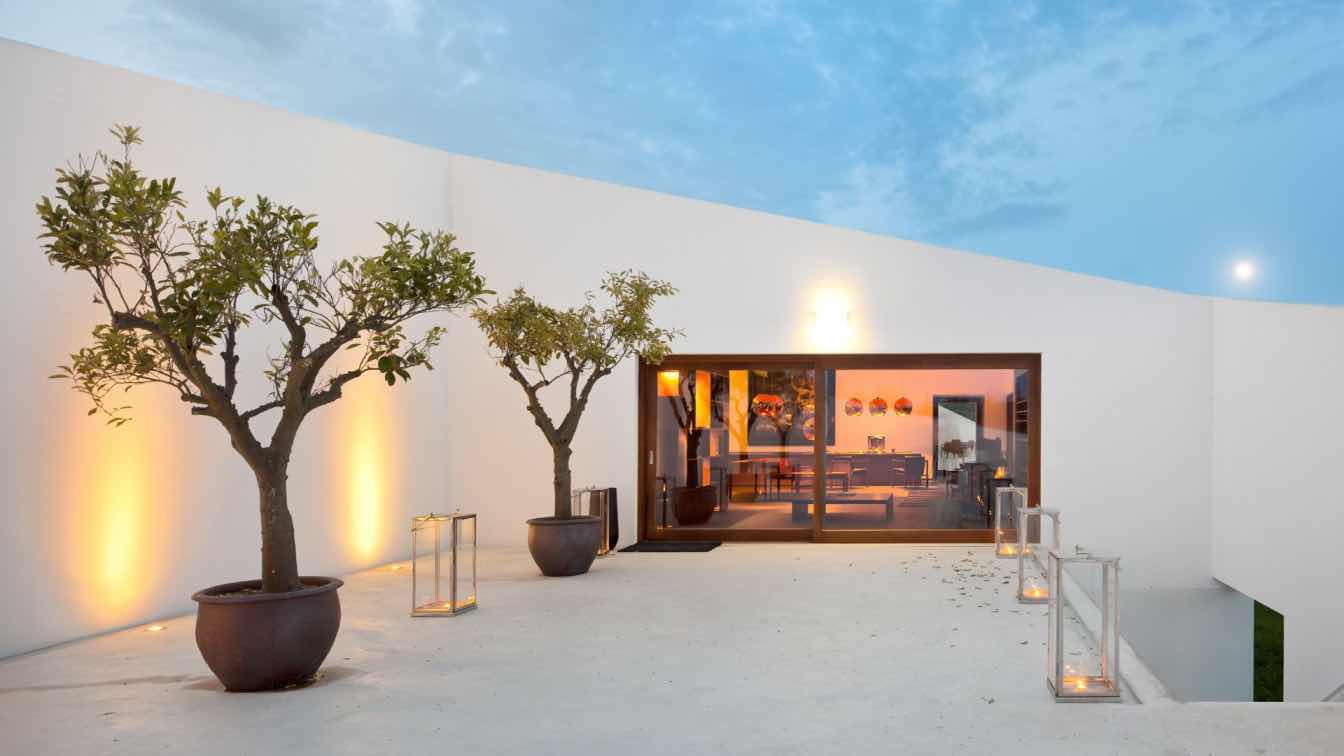Gensler, the global architecture, design, and planning firm, known for its industry-leading work in developing the connection between design and the human experience, has published its annual report forecasting global trends across the built environment, including the Future of the Workspace.
Applying a regional perspective on fundamentally applicable trends, Gensler Middle East has added its insights to the report and discusses how workplaces in the MENA region are undergoing their own evolution.
With the workplace changing at an unprecedented pace across the globe, there has been a fundamental shift in how and where work happens. Amid these profound shifts, organizations, developers, and landlords all want to know what they can do to optimise their real estate assets. The experiences architects design, for tenants and employees, will be what will set them apart in an increasingly competitive market, the Gensler Design Forecast 2023 Report says.
“We know workers around the world still place a great deal of value in the physical workplace for social interaction, mentorship, deep concentration, and focus work. We also know that to compete in the fight for top global talent, companies must also support an ecosystem of workspaces — both in and out of the office — where talent can thrive,” says Marcela Muñoz, Senior Interior Designer at Gensler Middle East within the Workplace Studio
“This is an opportunity to rethink the physical workplace to offer a mix of unique and fulfilling experiences that can attract people, whether that’s through new technologies or new types of spaces,” she continues.
The Changing Role of the Office
The role of the office has changed, and office buildings must become compelling, sustainable, people-centred destinations in order to differentiate themselves in a highly competitive market and provide workers with a sense of belonging.
Rising costs, economic uncertainty, and the shift to flexible and hybrid work has resulted in developers looking at buildings that can be multiuse and adaptable to market demands. The provision of next-level amenities, ESG strategies, adaptable spaces, and flexible systems will be key to the commercial office rebound.
“Office buildings are no longer just containers for people, but rather, an experience supercharger. Office performance should be less about maximizing workplace density and more about the quality of the space and the experience it delivers,” says Duncan Lyons, Office Buildings Developer leader, Gensler.
Muñoz highlights three major trends that have emerged in the report, which will fuel the way office spaces are being designed and delivered:
1. Tomorrow’s office building will prioritise cooperation with social spaces, outdoor access, and other amenities that bring people together.
Companies are increasingly focused on shared experiences at the office, so developers should double down on mixed-use strategies that bring people and neighbourhoods together, such as cafés, working lobbies, and outdoor public spaces between buildings.
2. Buildings that can flex for alternative uses will have better long-term value.
To extend a building’s life span and long-term use, new buildings must be flexible enough to be customized, but not so specific that they become obsolete. To increase value, developers should build in flexibility for alternate uses. Take healthcare, a floor plate could work for either labs, medical suites, or classrooms, for example.
3. The trend toward open, inviting ground floors will continue as tenants focus attention on community engagement.
Developers have an opportunity to reimagine the ground floor of cities by reinventing sidewalk-facing storefronts as multiuse destinations that serve the community. These multipurpose spaces can increase a building’s value and help developers frame their projects as ESG investments.
Transformational Investments:
Building owners need to make transformational investments to future-proof their real estate assets, Muñoz urges. She points out that globally, office developers and owners are looking to reconcile their portfolios, with many of them undergoing renovation of existing building stock to a zero-carbon- level, should be a key priority. Citing the International Energy Agency, Muñoz states that ‘renovating existing building stock to a zero-carbon-ready level is a key priority for achieving the sector’s decarbonisation targets for 2030 and 2060’.
She points out that the most sought-after buildings in the future will be ones that offer experiential environments with a mix of uses and that perform well with regards to factors impacting ESG. Flexibility, adaptability, environmental performance, and design for well-being will drive the next chapter of building repositioning, she asserts.
She highlights that stranded assets will continue to offer owners and developers the opportunity to create low carbon, equitable, and sought-after mixed-use districts. Furthermore, shared amenities will benefit underperforming assets and build community goodwill, she says, especially as coworking and speculative suites will continue to surge as variable office space evolves.
Finally, Muñoz predicts that well-being, fitness, and access to the outdoors will continue to be a major draw for tenants. Developers will be able to find success with a range of space types, which will give tenants and employees a chance to feel healthier and more connected to their communities.
About Gensler
Gensler is a global architecture, design and planning firm with 53 locations and more than 7,000 professionals networked across Asia, Europe, Australia, the Middle East and the Americas. Founded in 1965, the firm serves more than 4,500 active clients in virtually every industry. Gensler designers strive to make the places people live, work and play more inspiring, more resilient and more impactful.
About Gensler Research Institute
Gensler Research Institute is a collaborative network of researchers focused on a common goal: to generate new knowledge and develop a deeper understanding of the connection between design, business and the human experience. Through a combination of global and local research grants, and external partnerships, we seek insights focused on solving the world’s most pressing challenges. We are committed to unlocking new solutions and strategies that will define the future of design.





